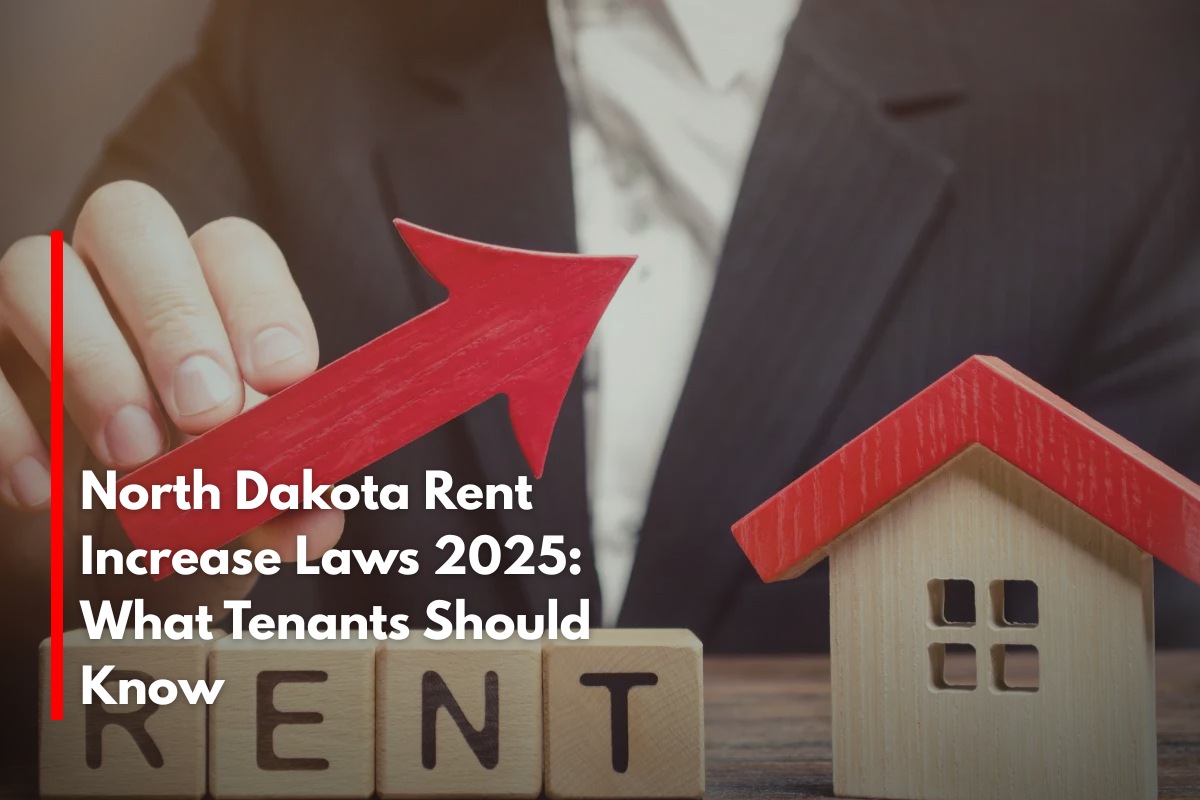Renting a home in North Dakota comes with unique legal standards, and understanding the state’s rent increase laws is crucial for tenants navigating the rental market in 2025. Here’s a comprehensive guide on what North Dakota residents should know about rent hikes.
No Statewide Rent Control or Caps
North Dakota does not have statewide rent control laws. This means landlords have broad discretion to raise rent by any amount they choose, as long as they follow legal notice requirements. There are no limits on the percentage or amount of rent increase imposed by state law. While this favors landlords in terms of flexibility, tenants must be prepared for potentially significant rent adjustments.
Some cities in North Dakota have the authority to enact local rent control ordinances, but such measures are rare. In most places, rent increases are driven by market conditions and landlord decisions.
Notice Requirements for Rent Increases
State law requires landlords to provide tenants with advance written notice before raising rent. For month-to-month leases, landlords must notify tenants at least 30 days before the increase takes effect. For longer lease terms, such as annual leases, the notice period extends to 60 days.
Failure to provide proper notice invalidates the rent increase. Tenants are not legally required to pay a higher rent if they did not receive adequate advance notice.
Frequency of Rent Increases
North Dakota does not limit how often landlords can raise rent. Landlords may issue rent increases multiple times per year, provided they observe the required notice periods each time. However, some interpretations and local guidelines suggest rent can only be raised once every 12 months for periodic tenancies to protect renters.
Because there is no legal cap on frequency, tenants may face frequent rent increases depending on landlord discretion and rental market trends.
Protections Against Illegal Rent Increases
While landlords have flexibility, state law prohibits retaliatory or discriminatory rent increases. For example, landlords cannot raise rent because a tenant complained about housing conditions, asserted legal tenant rights, or belongs to a protected class such as race, religion, sex, or disability.
Tenants facing suspicious or unfair rent hikes can seek legal advice or contact tenant rights organizations for assistance.
What Tenants Should Do When Facing Rent Increases
Check Lease Terms: Review your rental agreement to understand provisions regarding rent increases. Some leases specify when and how rent may be raised.
Request Written Notice: Always ask for written confirmation of the new rent amount and the effective date.
Negotiate: Discuss increases with your landlord if rent hikes seem excessive or sudden.
Know Your Rights: Be aware that illegal rent increases can be challenged legally.
Plan Accordingly: Budget for potential rent increases, particularly in competitive rental markets.
North Dakota law in 2025 offers landlords broad authority to raise rent without caps but requires proper notice to tenants. Rent increases must not be retaliatory or discriminatory, but there are no statewide limits on the amount or frequency of increases. Local ordinances rarely restrict rent hikes.
Sources
(https://www.hemlane.com/resources/north-dakota-rent-control-laws/)
(https://www.steadily.com/blog/rent-increase-laws-regulations-north-dakota)
(https://attorneygeneral.nd.gov/consumer-resources/tenant-rights/)
(https://www.hemlane.com/resources/north-dakota-tenant-landlord-law/)
(https://ipropertymanagement.com/laws/rent-control)











